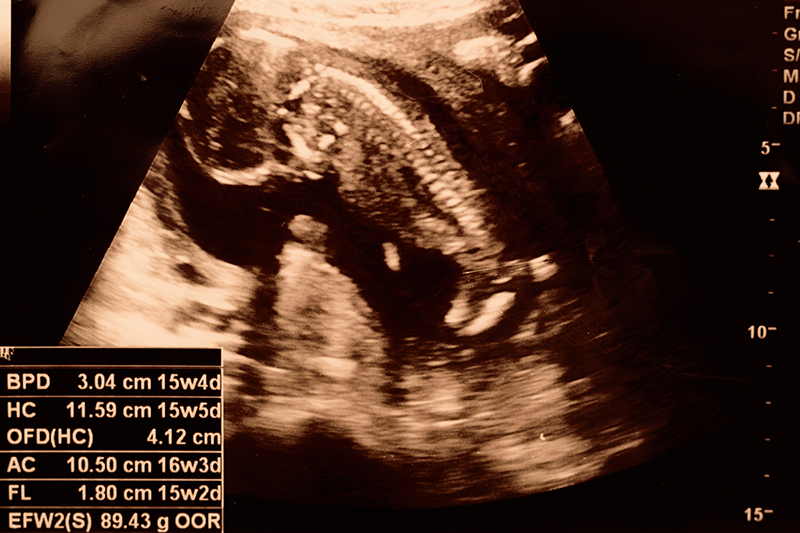
A narrative analysis of anti-abortion testimony and legislative debate related to Georgia’s fetal “heartbeat” abortion ban. Don’t Call 6-Week Abortion Bans ‘Heartbeat’ Bills.Here’s Why.Planned Parenthood blog. By the sixth week, these early neural connections permit the first fetal movementsspontaneous arches and curls of the whole bodythat researchers can detect through ultrasound imaging. Wade has come to support a pro-life & pro-choice position. In just the fifth week after conception, the first synapses begin forming in a fetus’s spinal cord. Defining life from the perspective of death: An introduction to the forced symmetry approach. Medical diagnosis of death in adults: Historical contributions to current controversies. The anatomic location of the soul from the heart, through the brain, to the whole body, and beyond: A journey through western history, science, and philosophy. You may be able to hear and see your babys heart beat for the first time when youre about 8 weeks. Santoro G., Wood M.D., Merlo L., Anastasi G.P., Tomasello F., Germano A. The babys heart starts to beat at around 6 weeks. A small number of direct observations on the heart activity of aborted human embryos were reported since the 19th century, but did not receive much recognition by embryologists.įirst heartbeat human embryonic heart human embryos onset of blood circulation. Such studies showed that the human heart started its pumping action during the fourth post-fertilization week. This fact does not preclude the existence of documented observations on human embryonic heart activity: Modern diagnostic (ultrasound) and therapeutic (IVF) procedures facilitate the visualization of early embryonic heart activity in precisely dated pregnancies. It is shown that historical and current textbook statements about the onset of blood circulation in man do not derive from observations on living human embryos but derive from the extrapolation of observations on animal embryos to the human species. However, doctors dont usually try for the fetal heartbeat until 18 weeks, as before then it may be too early to detect anything and this causes anxiety for expectant parents. Special attention is given to the problem of the determination of the true age of human embryos and to the problem of visualization of the human embryonic heart activity. The embryonic heart starts beating 22 days after conception, or about five weeks after the last menstrual period, which by convention we call the fifth week of pregnancy. This article reviews the historical and contemporary sources of knowledge on the beginning of human heart activity.

Clarifying the timing of the first human heartbeat, therefore, has religious, philosophical, ethical, and medicolegal implications. The onset of embryonic heart beating may be regarded as the defining feature for the beginning of personal human life.


 0 kommentar(er)
0 kommentar(er)
